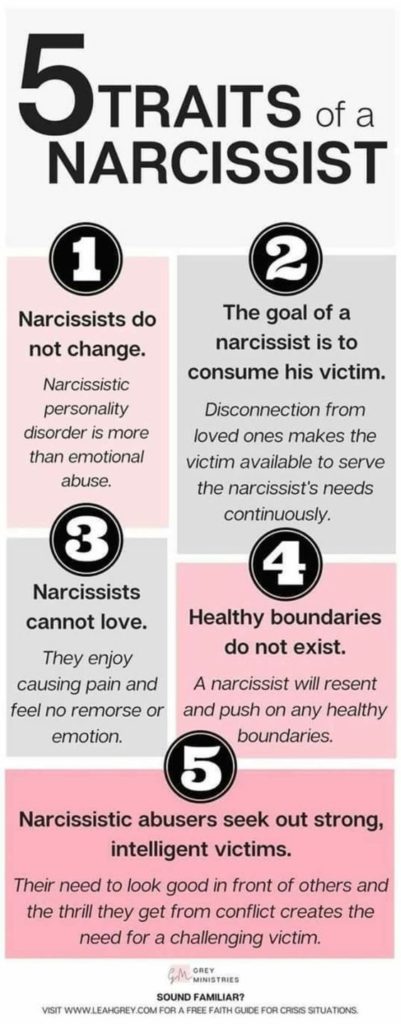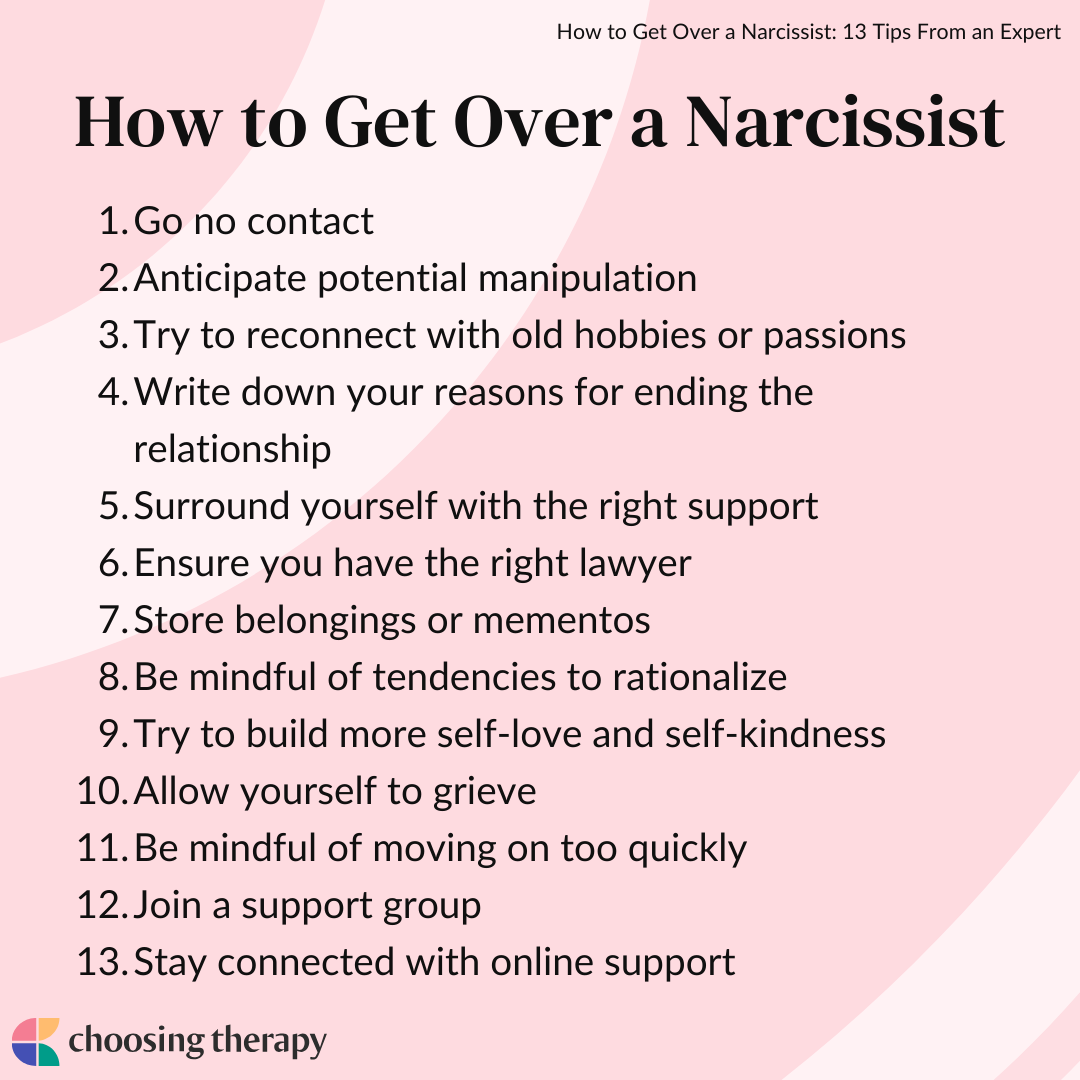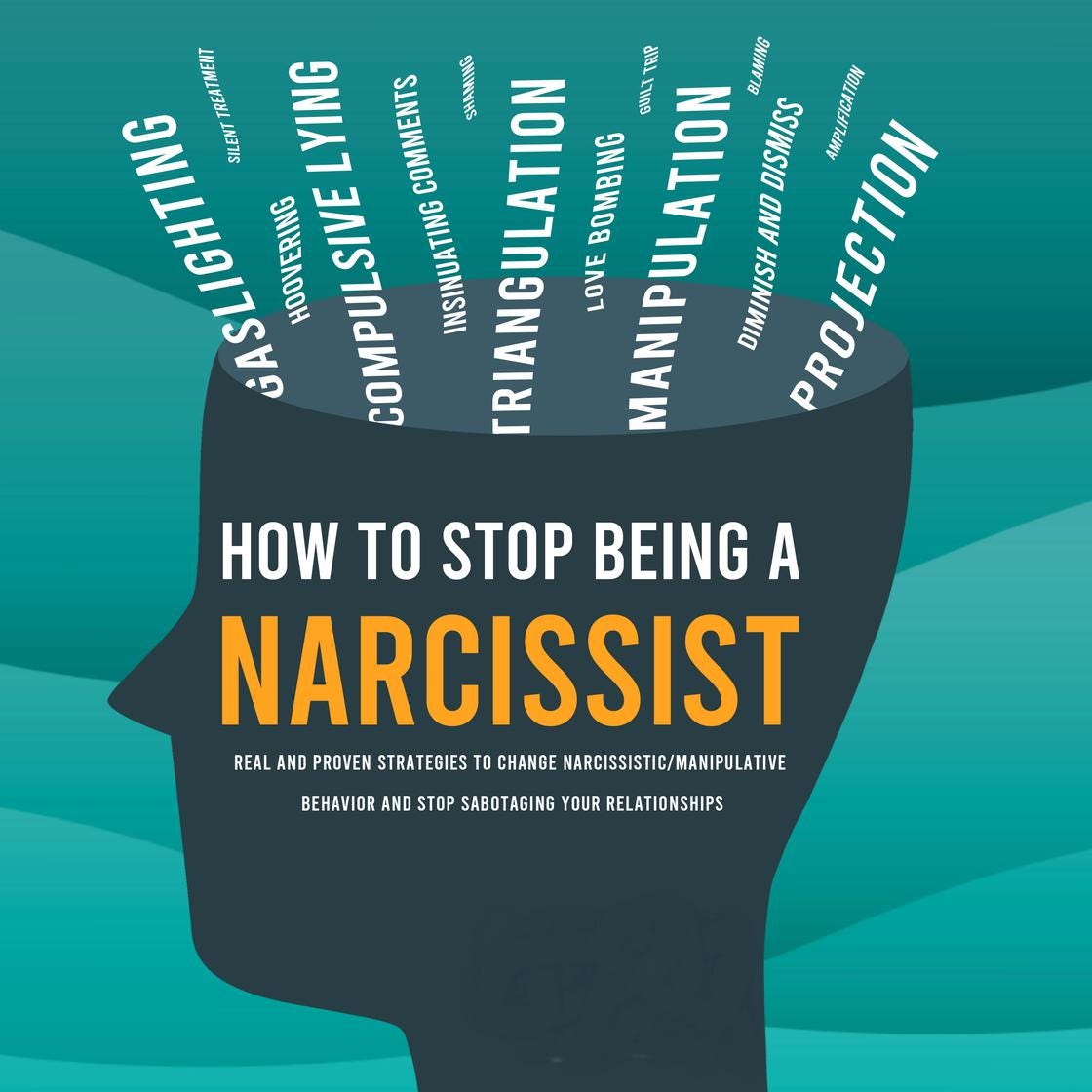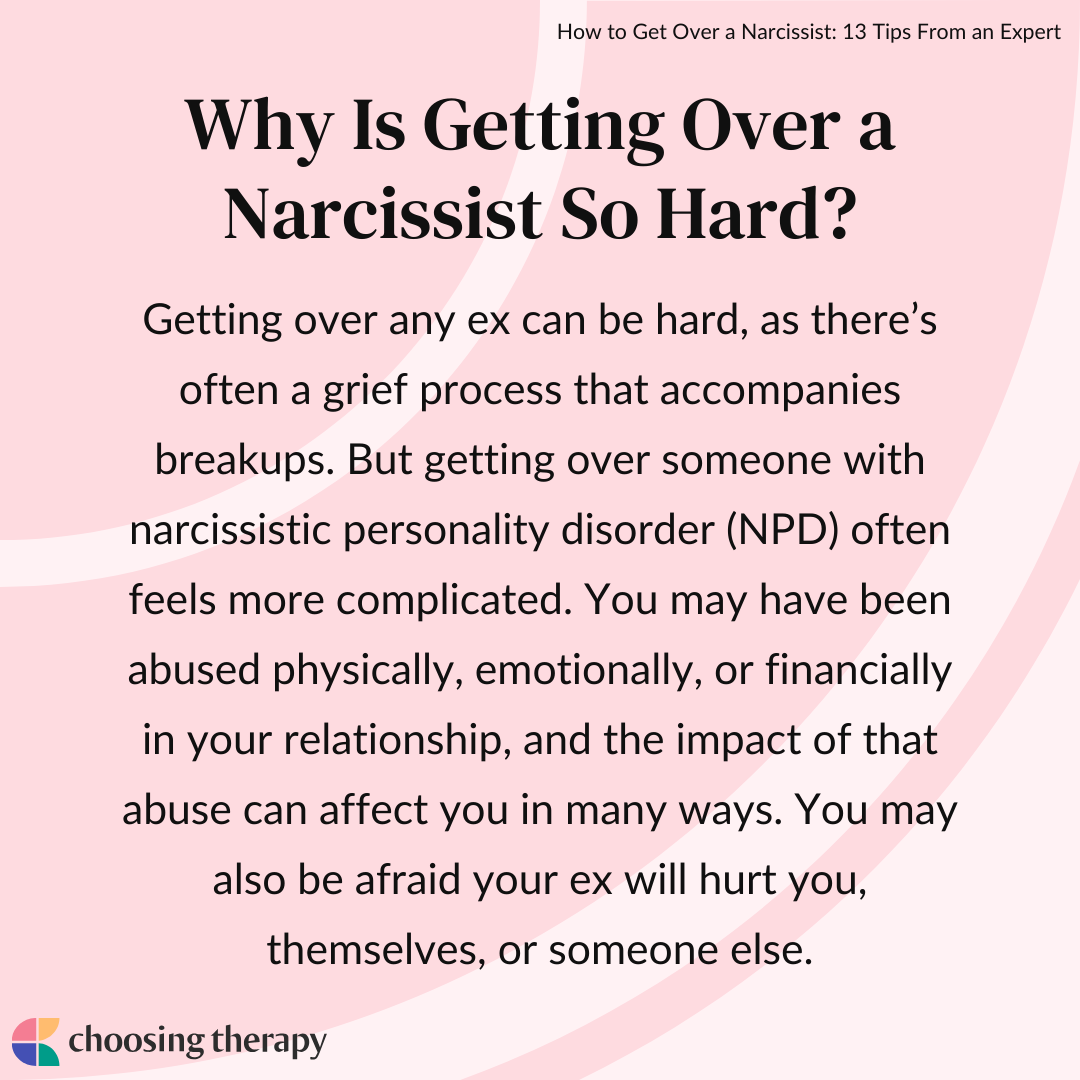How To Get Rid Of A Narcissist In Your Life

The intricate dance of human relationships can sometimes turn into a painful waltz with a narcissist. These individuals, characterized by an inflated sense of self-importance, a deep need for excessive attention and admiration, troubled relationships, and a lack of empathy for others, can leave a trail of emotional wreckage in their wake.
Navigating the complexities of severing ties with a narcissist requires strategic planning and unwavering self-preservation. Understanding the tactics and adopting a calculated approach is paramount to reclaiming one's emotional well-being.
Understanding the Challenge
The core challenge in extricating oneself from a narcissistic relationship lies in the narcissist's inherent resistance to letting go. Their need for control and validation often fuels manipulative behavior designed to keep you entangled in their web.
According to the Mayo Clinic, narcissistic personality disorder (NPD) is a mental condition in which people have an unreasonably high sense of their own importance. They need and seek too much attention and want people to admire them.
Recognizing the Tactics
Narcissists often employ a range of manipulative tactics, including gaslighting (making you question your own sanity), hoovering (attempts to lure you back after a period of no contact), and emotional blackmail. Recognizing these patterns is the first step towards breaking free.
Beware of triangulation, where the narcissist brings a third party into the conflict to undermine your position. This strategy can make you feel isolated and confused.
Strategies for Disengagement
The most effective strategy for dealing with a narcissist is often going "no contact." This means completely severing all communication and interaction.
This includes blocking their phone number, unfollowing them on social media, and avoiding places where you might encounter them. It is crucial to maintain this boundary, even when they attempt to reach out.
Grey Rocking: Minimal Engagement
If complete no contact isn't feasible due to shared responsibilities (e.g., co-parenting or working together), the "grey rock" method can be effective. This involves becoming as uninteresting and unresponsive as possible.
Provide brief, factual answers and avoid engaging in emotional discussions. This deprives the narcissist of the emotional fuel they crave, making you less appealing as a target.
Setting and Enforcing Boundaries
Establishing firm boundaries is crucial, even before attempting full disengagement. Clearly define what behaviors you will and will not tolerate.
Consistently enforce these boundaries, even if it means enduring temporary discomfort or conflict. Be prepared for the narcissist to test these boundaries repeatedly.
The Importance of Self-Care
Detangling from a narcissistic relationship can be emotionally and mentally exhausting. Prioritizing self-care is essential for healing and rebuilding your life.
Engage in activities that bring you joy and relaxation, such as spending time with loved ones, pursuing hobbies, or practicing mindfulness. Seeking therapy or counseling can also provide invaluable support and guidance during this challenging time.
Building a Support System
Lean on trusted friends, family members, or support groups for emotional support. Sharing your experiences with others who understand can help you feel less alone and validated.
A therapist specializing in narcissistic abuse can provide tools and strategies for healing and preventing future involvement in similar relationships.
Legal and Practical Considerations
In situations involving legal ties, such as divorce or custody battles, it's crucial to consult with an attorney experienced in dealing with narcissistic personalities. They can advise you on how to protect your rights and navigate the legal system effectively.
Document all interactions and communications, as this may be valuable evidence in legal proceedings. Seek professional guidance on how to manage financial matters and protect your assets.
Moving Forward
Recovering from a narcissistic relationship takes time and patience. Be kind to yourself and acknowledge that healing is a process.
Focus on rebuilding your self-esteem, rediscovering your passions, and creating a fulfilling life independent of the narcissist. According to the National Domestic Violence Hotline, survivors of abuse often report feeling stronger and more resilient after leaving an abusive relationship.
By understanding the tactics of narcissists, implementing effective strategies for disengagement, and prioritizing self-care, you can reclaim your life and build a brighter future. This journey, though challenging, is a testament to your strength and resilience.


















